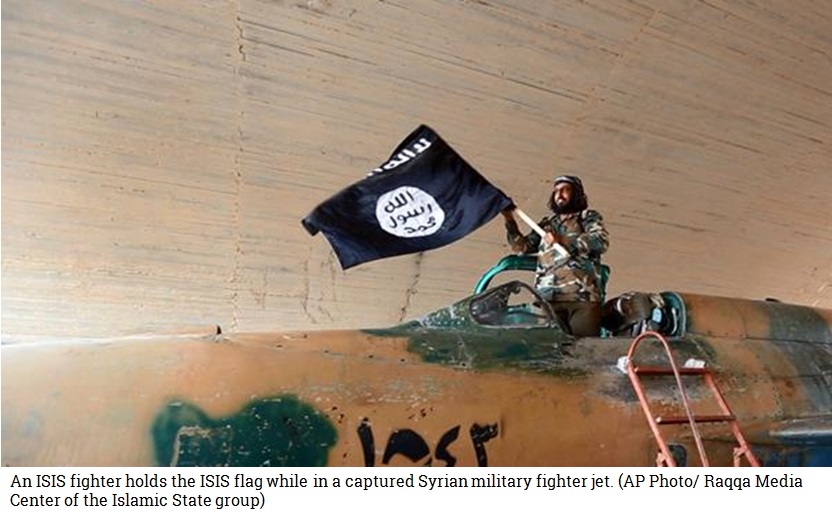A Major Economist Has a Bold Theory Regarding the Rise of ISIS
By:
Anytime the so-called Islamic State makes headlines, the question of how it came to be — and indeed how it came to be so strong — flares up. Theories behind how the group evolved range from the probable — they arose from the ashes of the 2003 Iraq invasion — all the way to the conspiratorial — that the U.S. purposefully fueled the rise of the terrorist group in Iraq and Syria.
But another interesting, no less eye-catching theory has been making the rounds recently targeting a less predictable culprit: wealth inequality.
Related: Five things to know about the Paris climate summit
As the Washington Post's Jim Tankersley highlighted this week, French star economist Thomas Piketty recently wrote on the rise of terrorist groups such as the Islamic State in Le Monde, theorizing that the group's ability to thrive in the region might be traced to severe economic inequality — which itself thrives on Western countries' implicit support of a grotesque and selective revenue stream.
Piketty takes oil to task, explaining that the concentration of the substance's derivative wealth is so small — 60 or 70 percent he says is controlled by a handful of monarchies that make up slightly over 10 percent of the populations between Egypt and Iran — that it's contributed to what he describes as a "powder keg" ripe for terrorism in the area. That income disparity, skewed by the beneficiaries of Western-backed conflicts involving oil, Piketty traces back to Western countries (France and the U.S., for example) that maintain lucrative relationships with oil monarchies in the Gulf like Saudi Arabia, Oman, Kuwait, the UAE, Qatar, or Bahrain.
 An ISIS fighter holds the ISIS flag while standing in a captured Syrian military fighter jet. (AP Photo/ Raqqa Media Center of the Islamic State group)
An ISIS fighter holds the ISIS flag while standing in a captured Syrian military fighter jet. (AP Photo/ Raqqa Media Center of the Islamic State group)
The economist's solution to that inequality and its side effects, is, as Tankersley writes, equally revelatory: "Terrorism that is rooted in inequality... is best combated economically." On top of ensuring Mid East oil money goes towards "regional development," Piketty also writes that Western powers like France could contribute by addressing rampant discrimination and unemployment in immigrant populations.
As Quartz points out, a Western pivot to investing in Middle Eastern countries' social infrastructures may not be the fix Piketty argues; research exists that calls into question the proposed link between inequality, poverty, and terror attacks. An analysis of data on terrorist activity by the Princeton economist and former chairman of President Barack Obama’s Council of Economic Advisers Alan Krueger, for example, found no links between terrorist activity and economic performance from 1997 to 2001.
If Piketty's argument doesn't hinge on the perpetrators themselves the victims of wealth inequality—the Islamic State, after all, does quite well for itself—it does add an interesting angle to the larger equation of regional unrest, and what sensible measures can be taken to calm it.
Head over to The Post to read more.
